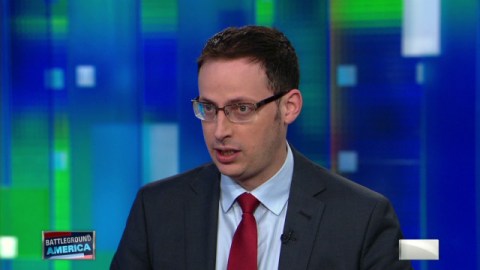The Signal and the Noise: When Media Obsess Over Polls and Models, We All Lose

Over at the Breakthrough, my latest Public Square column takes a look at the good and the bad of Nate Silver’s cultural celebrity and oracle status. Here’s how the column starts out:
If you are a Democrat, you were likely feeling good on Election Day about President Obama’s chances. Many pollsters and forecasters predicted an Obama victory, with TheNew York Times’ Nate Silver pegging his chances at 90.9%. Not surprisingly, conservatives voiced skepticism about Silver’s prediction, making the science and art of modeling the subject of considerable attention at cable news and blogs.
Silver provides a useful and powerful new resource for understanding the cascade of polls that have come to dominate discussion of elections. Yet it’s the news media’s very obsession with polls and models that hinders are ability to talk about substantive issues. When advocates, for example, deservedly complained that we had gone months without talking about climate change only to be woken from our slumber by a tragic storm, we can thank in part the media’s infatuation with polls and modeling.
“The problem with the current fashion for polls and statistics is that it changes what it purports to study,” wrote Washington Post columnist Michael Gerson on election day. “Instead of making political analysis more ‘objective,’ it has driven the entire political class …toward an obsessive emphasis on data and technique.”
Our obsession with polling and modeling results in miniaturization, argued Gerson. “At the election’s close, we talk of Silver’s statistical model and the likely turnout…and relatively little about poverty, social mobility or unsustainable debt.”




